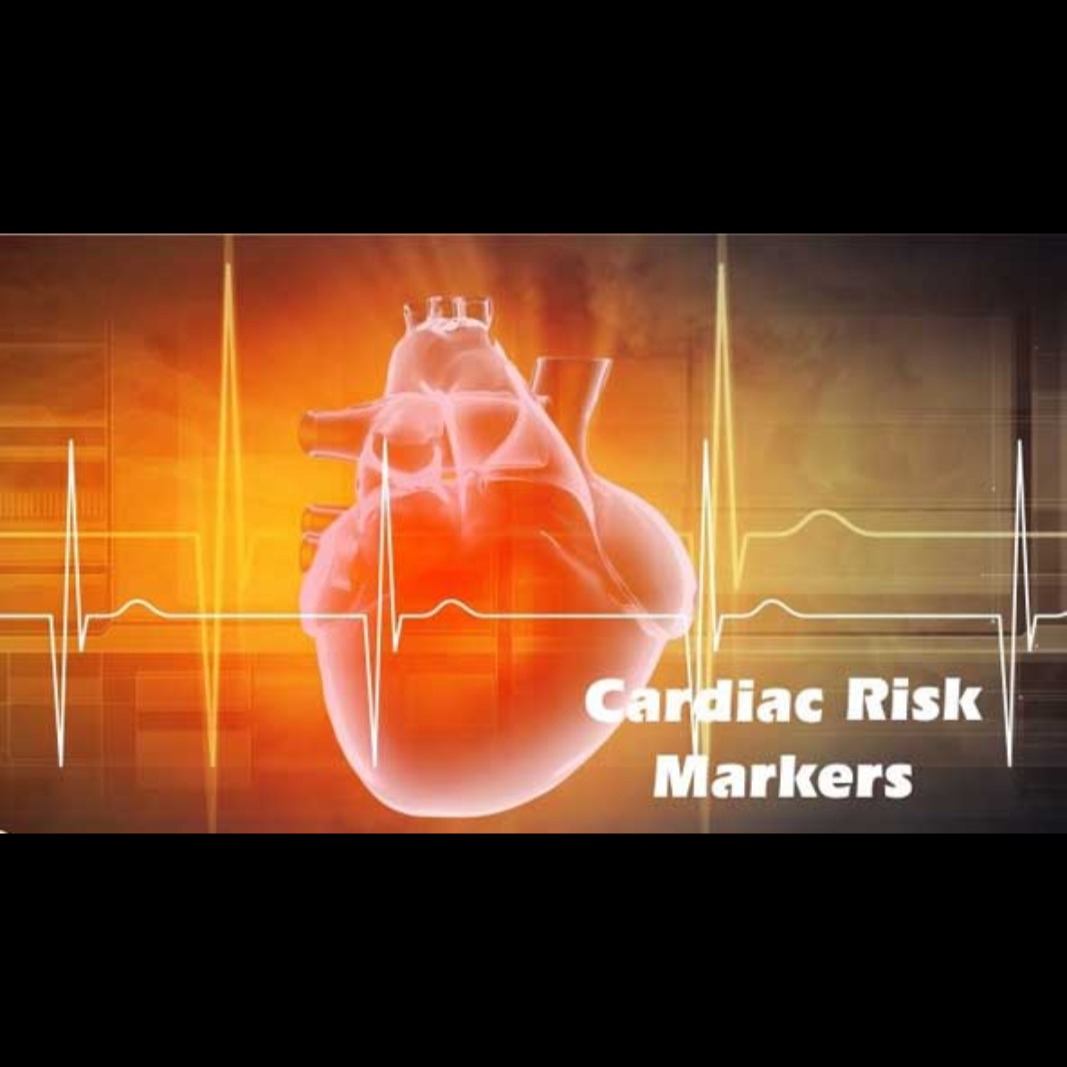+918048031351

This is your website preview.
Currently it only shows your basic business info. Start adding relevant business details such as description, images and products or services to gain your customers attention by using Boost 360 android app / iOS App / web portal.
best cardiac doctors near me

best cardiac doctors near me A cardiac risk markers test is a blood test used to assess a person's likelihood of developing heart disease. It measures various substances in the blood that can indicate the presence or risk of cardiovascular problems. This test helps doctors identify individuals at risk and determine appropriate preventative measures or treatment strategies. Here's a more detailed explanation: What it measures: Lipid Profile: This includes measurements of total cholesterol, LDL ('bad') cholesterol, HDL ('good') cholesterol, and triglycerides. Abnormal levels can indicate a higher risk of plaque buildup in arteries. Apolipoproteins: These proteins are involved in transporting fats in the blood. Measuring apolipoprotein A1 (Apo A1) and apolipoprotein B (Apo B), along with their ratio, can provide insights into heart disease risk. High-Sensitivity C-Reactive Protein (hs-CRP): This test measures inflammation in the body, which can be a sign of heart disease risk. Lipoprotein(a) (Lp(a)): Elevated levels of Lp(a) are associated with an increased risk of heart disease. Why it's important: Early Detection: Cardiac risk marker tests can help detect heart disease in its early stages, even before symptoms appear. Risk Stratification: The results help doctors assess a person's overall risk of heart attack or stroke, categorizing them as low, intermediate, or high risk.

